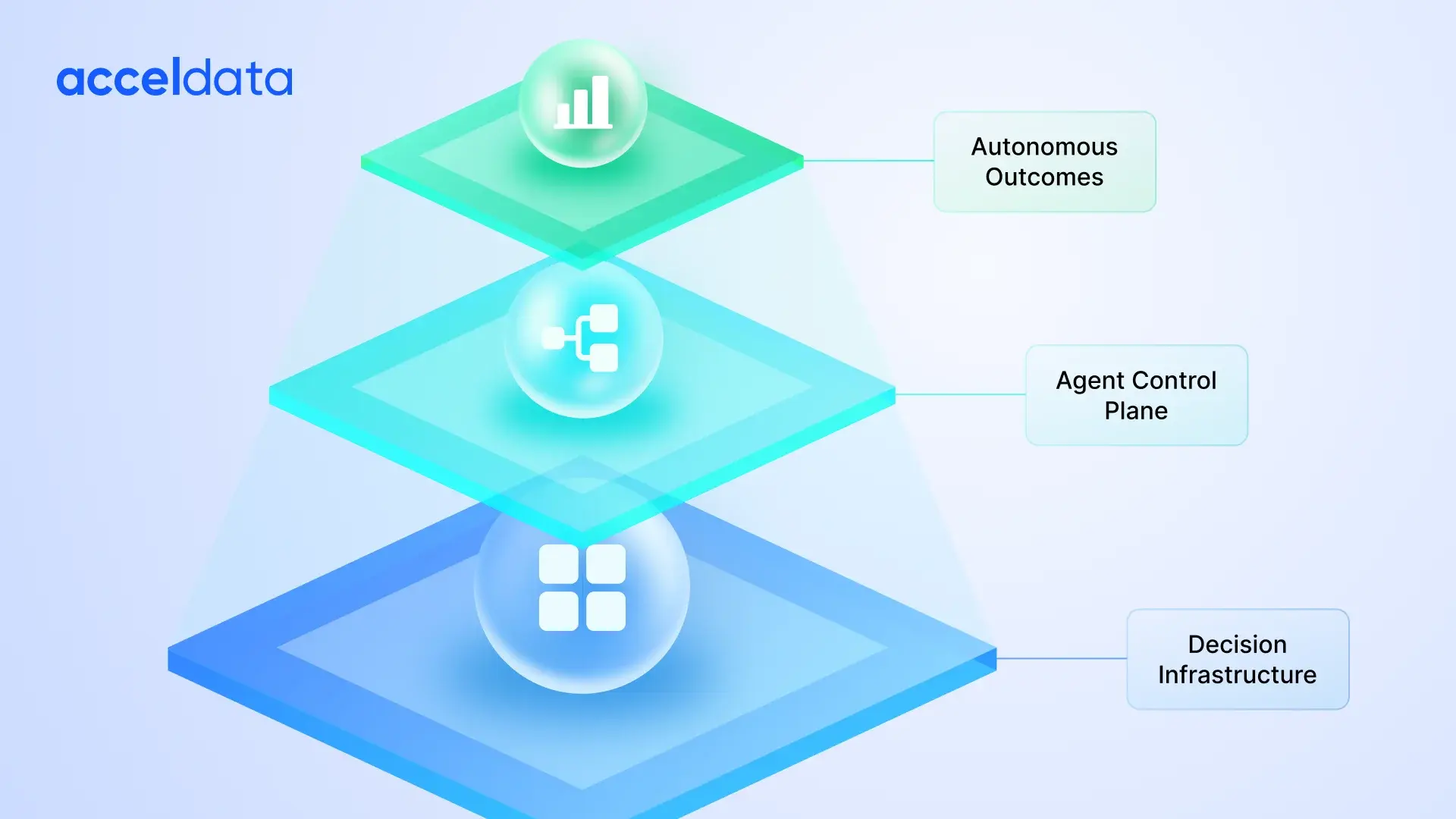In the pursuit of managing data streaming platforms effectively, striking a balance between data throughput and reliability is a persistent challenge. Even Apache Kafka, among the most popular and widely-used distributed streaming platforms, carries with it this burden. One of the primary goals then, is to ensure high-speed data processing, but the corresponding need to maintain data integrity becomes crucial. Additionally, the problem of disk failures in Kafka can severely impact data reliability and disrupt the entire data pipeline.
In this blog, we will explore the challenges of balancing data throughput and reliability, delve into the issue of disk failures in Kafka, and introduce the idea of using Kafka on ZFS as a potential solution.
Striking the Right Balance Between Data Throughput and Data Reliability
Data throughput refers to the speed at which data can be processed and transmitted, while data reliability ensures accurate delivery without loss or corruption.
Achieving high data throughput is crucial for handling large volumes of data in real-time scenarios, particularly when dealing with high-velocity data streams. Simultaneously, maintaining data reliability is essential to ensure the integrity and consistency of the processed data. Striking the right balance between these priorities becomes challenging, especially when aiming to maintain high throughput while also ensuring data reliability.
Disk Failures in Kafka
Kafka, built upon a distributed commit log architecture, relies on distributed storage across multiple disks on each broker. However, disk failures can occur due to hardware issues, power outages, or network problems.
Disk failures in Kafka present several problems. First and foremost, data reliability is compromised as messages may be lost or corrupted during the failure. This can have severe consequences, especially in industries where data integrity is critical such as telecommunications and high-tech, as well as highly-regulated industries, such as finance, life sciences, and healthcare.
Furthermore, disk failures can impact data throughput. As Kafka heavily relies on disk storage for its commit log, a failed disk can significantly slow down processing speed and increase latency. This disruption in real-time data streaming can affect the performance of downstream applications reliant on timely data delivery.

Introducing Kafka on ZFS as a Programmatic Solution
One potential solution to mitigate the challenges of disk failures in Kafka is to utilize Kafka on ZFS. ZFS, a robust and scalable file system, offers advanced features that can enhance data reliability and simplify maintenance.
Kafka on ZFS leverages ZFS's data redundancy mechanisms, such as mirroring or RAID-Z, to ensure data durability and prevent loss or corruption in the event of disk failures. By storing multiple copies of data across different disks, the impact of a single disk failure is minimized.
ZFS also provides built-in features for monitoring and self-healing, which can promptly detect disk errors and automatically repair corrupted data. This proactive approach improves the overall reliability of the Kafka cluster, reducing the risk of data loss and ensuring uninterrupted data streaming.
Moreover, ZFS's snapshot and cloning capabilities simplify maintenance tasks, allowing for efficient backups, data replication, and seamless upgrades. These features contribute to better operational efficiency and minimize downtime during disk replacements or system upgrades.
By adopting Kafka on ZFS, organizations can achieve a more balanced approach to data throughput and reliability. This combination empowers businesses to harness the full potential of Kafka's high-speed data processing while ensuring the consistent and secure delivery of data.
Optimizing Kafka
Balancing data throughput and reliability in Kafka is a challenge that requires careful consideration. Disk failures pose a significant hurdle, impacting both data integrity and processing speed. However, by adopting Kafka on ZFS, organizations can leverage the advanced features of ZFS to enhance data reliability, simplify maintenance tasks, and minimize the impact of disk failures. Embracing this solution enables businesses to achieve the desired equilibrium between data throughput and reliability, ultimately unlocking the true potential of Apache Kafka.
Our whitepaper, Kafka on ZFS: A Programmatic Solution for Disk Failures, provides an in-depth explanation of how to use Kafka on ZFS. It includes specific steps for implementing ZFS on Kafka and how data teams can manage the implementation for success.
Photo by Karim MANJRA on Unsplash






.png)









.webp)
.webp)


